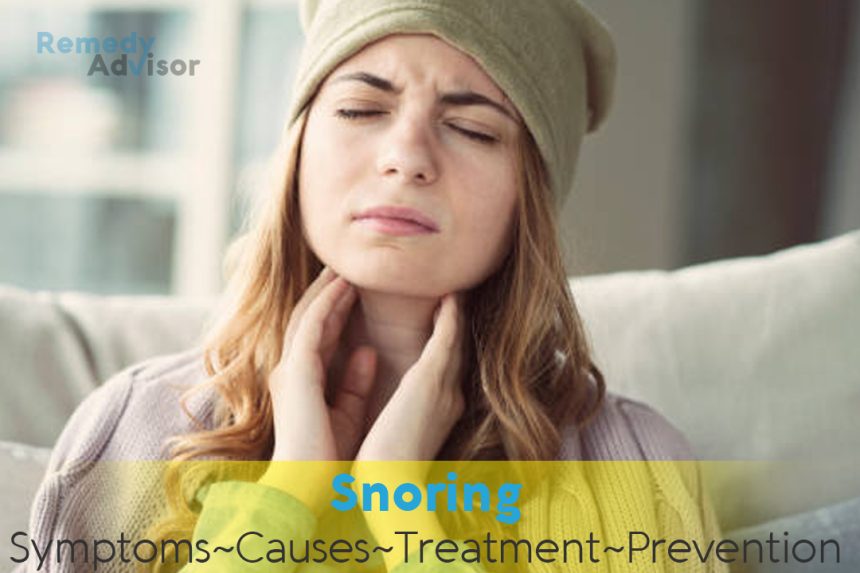What is it
A sore throat, or acute pharyngitis, is one of the most common winter complaints and ranks as one of the top reasons for visiting a doctor’s office. It’s also the cause of more than 100 million days of absence from work each year as well as countless days of missed school for children. Sore throat is usually a symptom of an infection typically viral but in some cases bacterial or an irritation of the pharynx, the back column of the mouth behind the tongue.
It’s not surprising that the throat is the site of pain. Along with the nose, the throat is the first defense the body has against invading viruses or bacteria. As a rule of thumb, sore throats caused by a virus develop gradually over a period of time. They are often accompanied by the flu or a cold, and if a fever is present, it will generally be 101°F or below.
A bacterial sore throat usually comes on fast, lymph glands or the neck often swell and become tender, and a headache develops. Fever is typically 102°F and higher. The throat may appear to be extremely red and have either white or yellow spots on the back.
Strep throat, or streptococcal infection, is the most common bacterial infection of the throat. Strep is less common than virus-linked sore throats, but if not properly treated with antibiotics, it can lead to rheumatic fever and possibly to serious problems with the heart, skin, brain, and joints.
Symptoms
- Burning, scratchy sensation in the back of the throat.
- Visible redness and swelling.
- Discomfort when swallowing and talking.
What causes it
A sore throat is a symptom of an underlying problem, a signal that something is wrong. There are many reasons why your throat may be sore. Most sore throats are caused by a virus, primarily those associated with the common cold. Besides a sore throat, colds also have aches and pains, a runny nose, and sneezing as common complaints. Less than 15 percent of all sore throats are caused by Streptococcus pyogenes, the bacterium that produces the illness known as strep throat.
Irritation may result from a local throat infection or from postnasal drip, which is often a symptom of sinusitis, colds, or various allergic reactions. Allergy-related sore throats are typically accompanied by itchy eyes and a congested or runny nose.
Flu is a common virus that’s accompanied by fever, fatigue, loss of appetite, and a sore throat. Infectious mononucleosis, which is brought on by the Epstein-Barr virus, also has sore throat as a common symptom. Dental procedures can sometimes cause throat pain, while some sore throats are caused by eating spicy foods. Overenthusiastic cheering at sporting events can also leave a throat sore and painful. Other minor causes of sore throat include dry heat, smoking, and breathing polluted air.
A sore throat may also be an early sign of a more serious disorder such as aplastic anemia.
What if you do nothing
Sore throats caused by a cold or flu virus are usually self-limiting and will clear on their own in a few days as your body builds up defenses against the microbe. Viral sore throats don’t respond to antibiotics, but symptoms can be diminished with self-help measures. Sore throats from bacterial infections require treatment with prescription antibiotics. Going without treatment can allow an infection such as strep to cause eventual heart and kidney complications.
Home remedies
Try pain relievers
Adults can take two acetaminophen or ibuprofen tablets every four hours.
Use a home gargle
Gargling several times a day with a mixture of one teaspoon of salt stirred into eight ounces of warm water may temporarily soothe a sore throat and help to break up any congestion.
Have a hot drink
A cup of herbal tea or chicken soup can help relieve a sore throat by warming and flushing the irritated membranes.
Use a humidifier or cool-mist vaporizer
This will add extra dampness to the air and help keep your nasal membranes and throat lining moist.
Suck on hard candy
This will help stimulate saliva production, thereby keeping your throat moist.
Prevention
Practice sanitary measures
The best ways to avoid catching or passing the microorganisms that trigger sore throats are to wash your hands regularly, avoid touching your nose, eyes, and mouth, and cover your mouth when coughing and sneezing.
Don’t smoke
Avoid cigarette smoke and other throat irritants.







